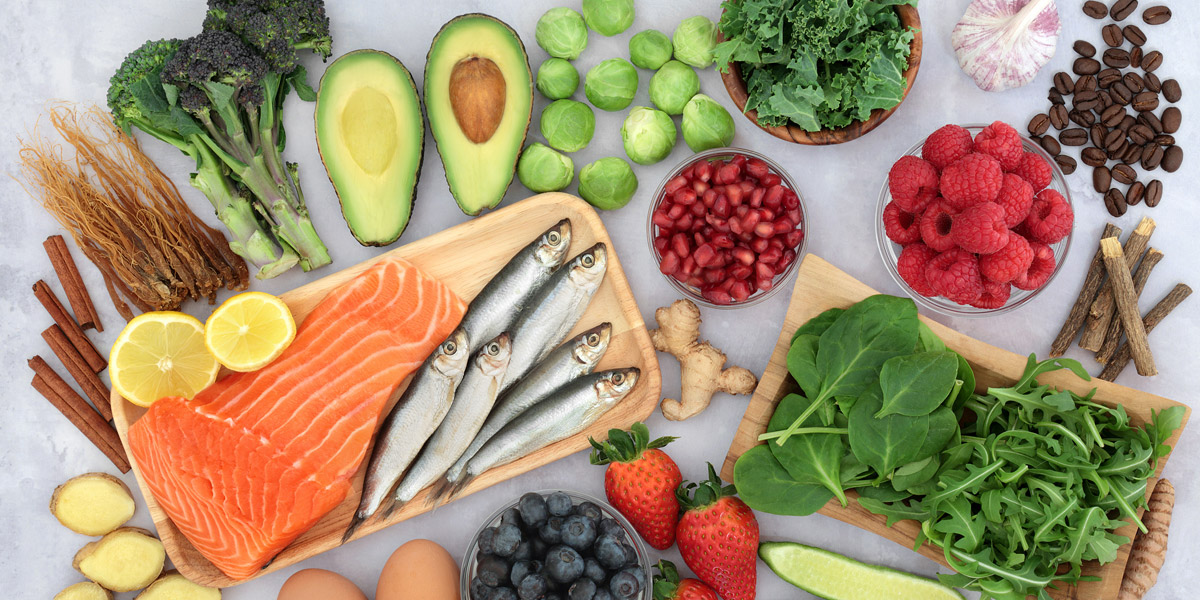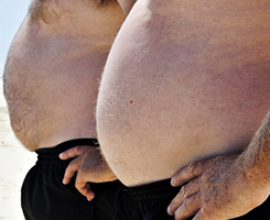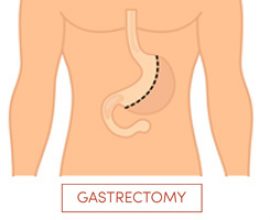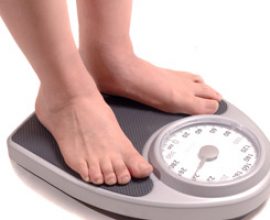General Nutrition Guidelines After Surgery

Advancements in bariatric surgery have made surgical weight loss more effective and long-term. However, to realize the full potential of bariatric surgery, patients will need to eat a healthy diet and follow strict rules for nutrition.
After Surgery
Because the stomach is very sensitive after weight loss surgery, patients will need to eat small amounts of food slowly and carefully to prevent vomiting, obstruction, and stretching of the stomach pouch. Patients will also need to increase their protein intake to promote healing.
Immediately after surgery, patients will be on a strict liquid diet consisting of water, sugar-free beverages, diet gelatin, and noncarbonated drinks. A high-protein supplement should be added a few days after surgery to help patients maintain energy.

Patients should:
- Sip fluids slowly.
- Avoid drinking through straws.
- Drink liquids at least six times a day.
- Stay away from alcohol, caffeine, sugar, and carbonated drinks.
- Consume at least 60 grams of protein and 64 ounces of fluid each day.
Once patients are clear to eat semi-solid and soft foods, it’s important to:
- Eat slowly and stop once they feel full.
- Eat protein first, then vegetables, and end the meal with a carbohydrate.
- Take two small bites and chew thoroughly. Wait a few minutes before taking the third bite to reduce the risk of problems with digestion.
- Stop eating and rest if patients feel nauseated or vomit. Only consume clear liquids at the next meal, but add blended foods for the next meal. Solid food can be consumed again the following day.

Nutritional Guidance and Tips
Once patients are able to eat solid food, here are a few tips to follow for proper nutrition and maximum results.
Protein
- Choose lean proteins like fish or chicken.
- Use low-fat cooking methods such as roasting, poaching, grilling, braising, steaming, and broiling.
- Avoid red meat for at least four months after surgery. Once you’re ready for red meat, start with extra-lean ground beef.
Carbohydrates
- Choose whole and unprocessed fruit, legumes, and whole grains to help you feel full and keep bowel movements regular.
- Avoid high-sugar foods that contain more than five grams of sugar per serving.
- Stay away from foods containing honey, corn syrup, sucrose, glucose, dextrose, fructose, and molasses.
- Skip bread, white rice, and popcorn to avoid a blockage and reduce the risk of the band slipping.
Healthy Fats
- Stay away from animal butter, sour cream, cream cheese, full-fat cheeses, full-fat sour cream, yogurt, sausage, ribs, and corned beef.
- Choose liquid oils high in monounsaturated fats, such as olive oil, canola oil, and peanut oil.
- Eliminate deep-fried foods such as chicken, chips, tempura, and chimichangas.
- Consume avocado, olives, mayonnaise, nuts, and nut butters.
Fluids
- Avoid drinking within 15 minutes before or 60 minutes after meals to prevent pouch stretching and vomiting, and promote digestion and satiation.
- Slowly consume ½ to one cup (four to eight ounces) of fluids every hour.
- Avoid drinking from a water fountain to help control water volume intake, and reduce the amount of air in your stomach pouch which could cause gas.
- Eliminate high-calorie, high-sugar drinks low in nutritional value.
- Cut out energy drinks, which contain excessive caffeine and irritate the new pouch.
Related Posts
5 Risks of Obesity
How Sleeve Gastrectomy Works
The Advantages of Orbera
Are You a Candidate for Sleeve Surgery?
Contact Info
3420 Bristol St #700, Costa Mesa, CA 92626, USA
Orange Location
1310 W Stewart Dr. Suite 310, Orange, CA 92868, USA
*DISCLAIMER
In compliance with 16 CFR 255 and Federal Trade Commission Guidelines on the use of endorsements and testimonials in the marketing and advertising of websites:
The testimonials, statements, and opinions presented on our website are only applicable to the individuals depicted, and may not be representative of the experience of others. The testimonials are voluntary provided and are not paid, nor were they provided with free products, services, or any benefits in exchange for said statements. The testimonials are not indicative of future results or success of any other individuals. South Coast Specialty Surgery Center cannot and does not guarantee the medical outcome or the results of individuals utilizing the services provided by us or the providers in our network, or from any of the websites we link, or refer to. The testimonials and endorsements found on the site for the benefit of the site or individual services or procedures are, to the best of our knowledge, the true statements and beliefs of the individuals providing them. In short, surgery involves risk, results may vary, and outcomes are not guaranteed.
Some pages of this website may feature a depiction of a model showing emphasis of the torso. Product names may be mentioned in testimonials or elsewhere, and are trademarks or registered trademarks of their respective holders. Please refer to our Terms and Risks of Surgery pages for more information. Gastric Sleeve Surgery Centers performs Gastric Sleeve Surgery in Orange County, San Diego, Los Angeles, Riverside County and other location in Southern
California.




